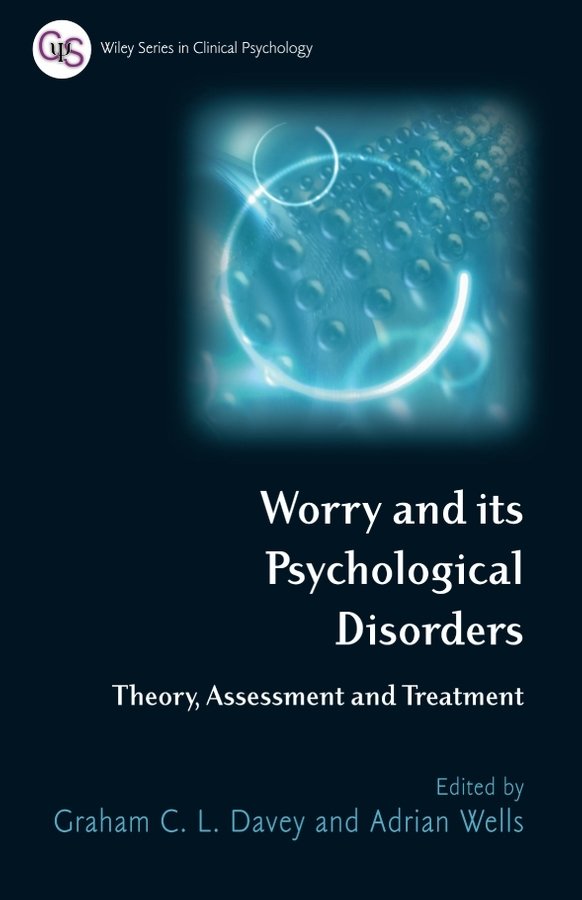Anxiety-based disorders are among the most common mental healthproblems experienced in the population today. Worry is a prominentfeature of most anxiety-based disorders including generalizedanxiety disorder, specific phobias, obsessive-compulsive disorder,panic disorder, and post-traumatic stress disorder.Written by international experts, Worry and its PsychologicalDisorders offers an up-to-date and complete overview of worryin a single volume. Divided into four sections, the book exploresthe nature of worry, the assessment of worry, contemporary theoriesof chronic and pathological worry, and the most recently developedtreatment methods. It includes in-depth reviews of new assessmentinstruments and covers treatment methods such as CognitiveBehavioural Therapy and Metacognitive Therapy. Useful case studiesare also included.This important volume provides an invaluable resource forclinical practitioners and researchers. It will also be ofrelevance to those studying clinical or abnormal psychology atadvanced level.


